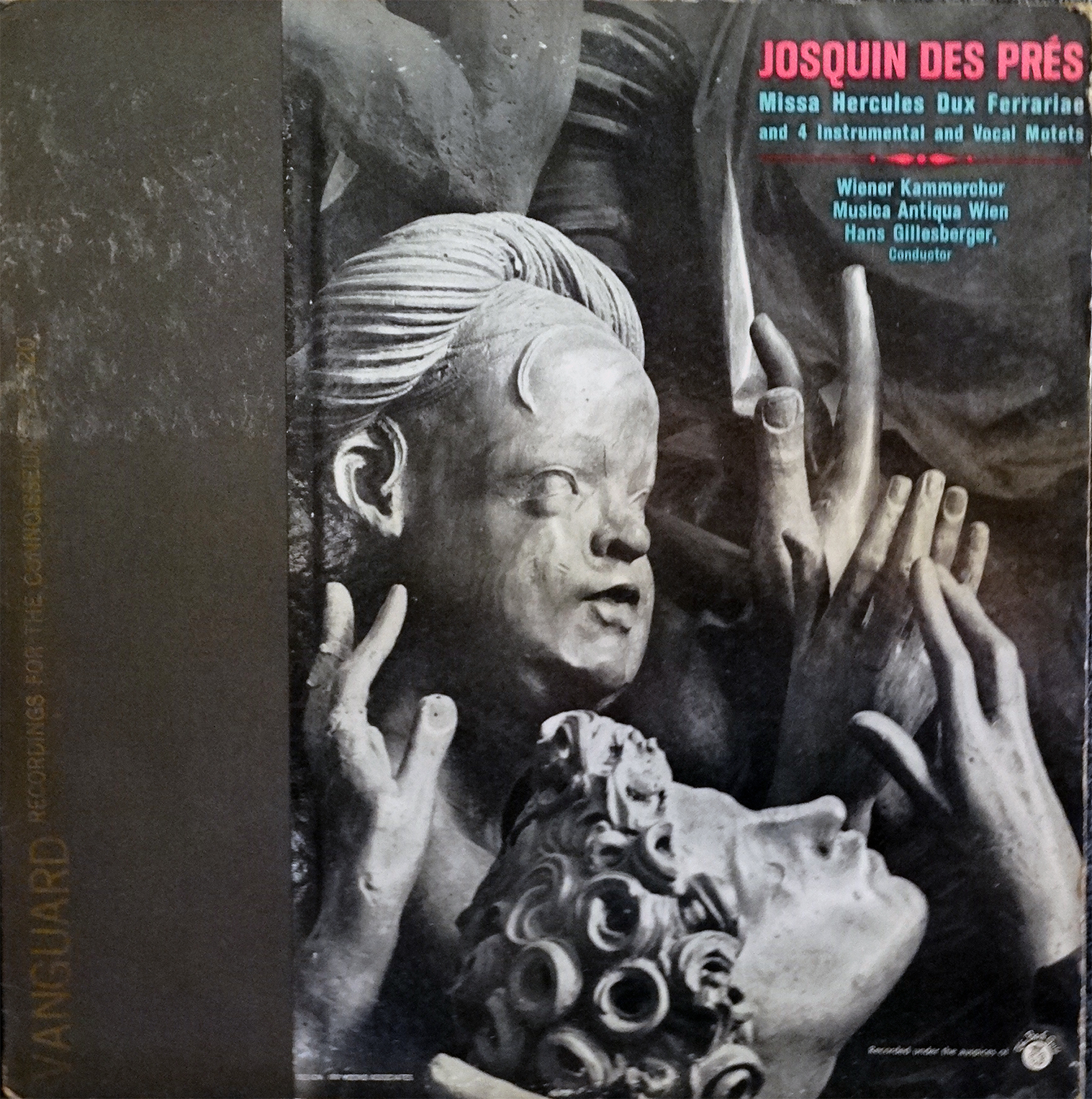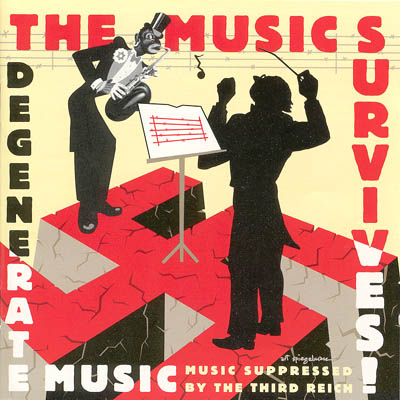“Tell me which music you like
and I’ll tell you who you are”
Yesterday at the comments section of Counter-Currents about music (here)—
 Iranian for Aryans said referring to the CC article:
Iranian for Aryans said referring to the CC article:
Allow me to dissent. Though the general tenor (ha ha!) of the piece (ha ha!) is salubrious, it shows a ignorance towards European music heritage. Allow me to explain.
Yes, there is a difference between “black singing” and “white singing”. Yes, the media promotes that which is bad, to put it weakly. However, the examples cited of what is good are lacking and wholly degenerated.
There is no mention of real singing as exemplified through classical music. Rather, examples are shared of Nat King Cole, Sinatra, and some other nugatory folksy personages. Personally, I think Sinatra and Cole were horrid. Real examples of singers would be Franco Corelli, Anna Moffo (mamma mia!), Renata Tebaldi, Caballe, del Monaco, di Stefano, Giacomini, Siepi, Schwartzkopf, Ludwig, Melchior, et al. These persons are our vocal stars. They might have been ugly and fat, but they were true singers, artists of the highest order. Roy Orbison? Good God…! As for the hackneyed reference to Beethoven, I’ll make a wager.
People, white people, WNs [white nationalists], can make references to classical music as much as they want, but the majority, overwhelmingly so, do not live classical music, their heritage. Do they turn on the classical radio station and listen to Haydn or Schumann? When speaking of the voice, do they go crazy over Schubert’s Die Schone Mullerin? Of course not. The espousal of amity towards classical music is disingenuous and a trite tip of the hat to “that which was”, and, as far as most are concerned, no longer is, thank God. Empty signs of respect are worthless: do you live the music? Who wants to listen to Ockeghem when there’s Prussian Blue?
Another example of ignorance of classical music is the citation of Warlock. Warlock, best known for his Capriol Suite, is a big nothing. The world expects novelty and uniqueness, even if framed in a conservative mould, from a composer. Given that Warlock’s magnum opus is a collection of Elizabethan tunes, I can’t place him as a luminary.
CC proclaims a “New Right”. Let’s proclaim it through music. Let’s open up readers to the Western musical heritage: Bruckner, Josquin, Schumann, Handel, Brahms, Vivaldi, et al.
I said:
Iranian: As much as I like WNists I feel an insurmountable abyss with them every time I learn in threads like this that they like rock, heavy metal or even old folkloric—as in Covington’s podcasts—music. This is because I learnt classical music before I was born—literally, since my mother used to be a piano concertista and throughout her pregnancy I sensed and listened the piano through my mother’s womb. And my father was a composer of classical music (when I was a small child some of my dad’s orchestral pieces were played in New York).
My first love, still as a small child of five, was Mussorgsky. Alas, musically and sexually, in today’s culture I feel like Lot in Gomorrah.
I hate monkey music as much as I hate degenerate sexual mores that are driving whites straight to the path of extinction. In fact, like Hegel I believe that if music represents the Geist then the degeneracy we see every day on the streets, TV and Hollywood is faithfully represented in the spirit of that music. For example, the Neanderthal spirit I see every day among the beaners is faithfully represented in their salsa antimusic.
I don’t know if “billions will die”, including the beaners, during the coming convergence of catastrophes (though like Lot I wish their cities burn under Heaven’s fire). But my educated guess is that, after the end of the world as we know it, there will be a resurgence of traditional sexual mores and, with it, repudiation of both violent and perverted Hollywood along with all pop music after the 1960s that “sound like demons trying to cough-up the world’s biggest hair ball”.
Iranian for Aryans said:
Chechar,
I sympathize with your feeling of alienation. I live with it and am reminded of it ubiquitously. I think your analogy of Lot in Gomorrah is good.
The monkey music (black and “white”, rap and rock, respectively) that we both loathe has become a manifestation of an inner degenerated state. But to see WNs, the so-called enlightened ones, purvey such excrescences is truly troubling and indicative of a much lowered state.
Pat Hannagan answered me:
Those “old” folkloric songs in Covington’s podcasts are the songs sung by a people who held their culture together, and successfully won their independence against an invading tyrant. My kids love them instinctively…
I replied (slightly edited):
Pat: I wholeheartedly agree with you. You know, I said that my father used to be a composer. But he abandoned composing classical music when he had to earn a buck. He taught music to children and his mantra is that folk songs are paramount for the spirit of a culture. Yes: there’s a gulf between legit folk music and what I call “Neanderthal music”: the music for whiggers, niggers, and beaners (the mexicans).
Nonetheless, when I wrote my above posts I was in soliloquy mood. To put it simply, I am stirred when I listen some music of Wagner (e.g., Parsifal), which means that musically I’m closer to the Third Reich than to the coming Northwest Republic. I simply cannot feel American folk music because Lot has no nation, and no folk music can stir the stateless individual.
In another CC thread I said that the music I most identify with is the atonal Lux Aeterna by Ligeti, especially the compasses that Kubrick chose for the scenes of desolate moon landscapes with a floating bus en-route from Clavius to Tycho. Why that cinematic vision expressing the most extreme form of solitude describes me? Because that’s the way Lot feels in Gomorrah: There’s, literally, nobody around: not even the blue sky visible in central Antarctica. (However desolate among the ice, the lone scientist in his post at least sees the blue color of the sky, meaning that there must be oxygen somewhere out there on the planet—plants, life.)
In contrast, in 2001’s moon landscapes there’s not even that: only a black sky and, without atmosphere, no shades: only black and white abyssal desolation among a world of elemental rock (link).
Update of November 23:
In the other recent CC thread about music, Iranian for Aryans said:
The espousal of amity towards classical music [in the CC article] is disingenuous and a trite tip of the hat to “that which was”, and, as far as most are concerned, no longer is, thank God.
This is exactly what Christopher Pankhurst has done in the above article (here). Pankhurst is confusing Christendom—which is dying and will finally die later in the century—with orchestral music. I would claim that, unlike Burzum, the Black Metal abomination featured in his article (what a blasphemy putting it together with Strauss’ Metamorphosen!), orchestral music has a bright future once the West awakens from its dormition.
The great musical tradition that reached a high watermark with Bach, and that subsequently sought expression through the individual genius of Beethoven and Schubert, had its funeral song in Strauss’ Metamorphosen.
False. Tragically false. Even Pankhurst concedes that after the World Wars Ligeti created numinous pieces of music.
My father also composed good pieces of music before he had to make a living through music education for children. In a more healthy culture he wouldn’t have faced economic need. Instead, he could’ve devoted all of his energies in continuing to compose (at the Utica Observer-Dispatch, in 1962 Chuck Booth wrote about my father’s symphonic piece Estirpes played in New York).
Since the whole West is in dormition, the only way that a composer of classical music can make a good living is thru soundtracks. But even in this lesser genre one can listen that orchestral music has not experienced the funeral claimed by Pankhurst.
Of the eight Harry Potter films only one, the third of the series, was superbly directed. John Williams’ music during Buckbeak’s flight and the werewolf transformation scene are examples of good orchestral music composed in the 21st century. One can imagine how far could the likes of Williams had gone if, in a non-dormition culture, they could devote all of their time composing pure music outside Hollywood. But even in Hollywood once in a while some soundtracks represent the most exquisite form of musical art. Don’t you remember how in 1968 Kubrick used Khachaturian’s most elegiac piece, Gayane Ballet Suite, when the spaceship Discovery One is bound for Jupiter?
Every time I hear stuff like paying lip service to Classical Music and at the same time promoting abominations like Heavy Metal, I cannot but compare the situation with a so-called white nationalist woman boasting a T-shirt telling us, “I had an abortion” without apparently noticing the contradiction in both statements. But again, only after the West collapses and awakens from its dormition—a cultural nightmare actually—will it be all too clear that most pop music during the interregnum was but a manifestation of an inner degenerated state, even among the white nationalists.




